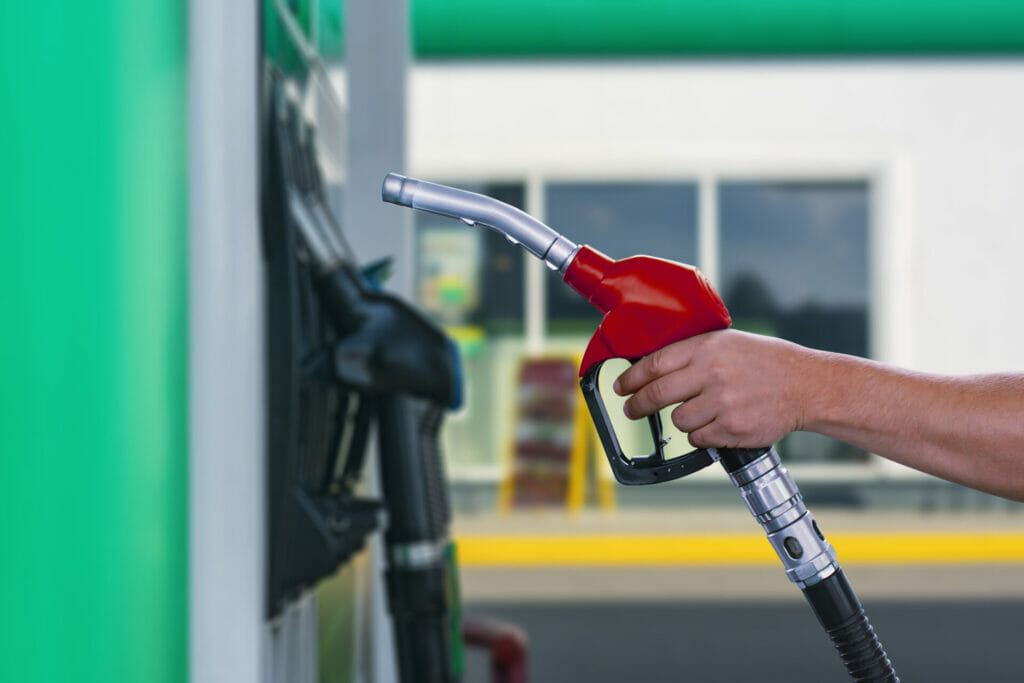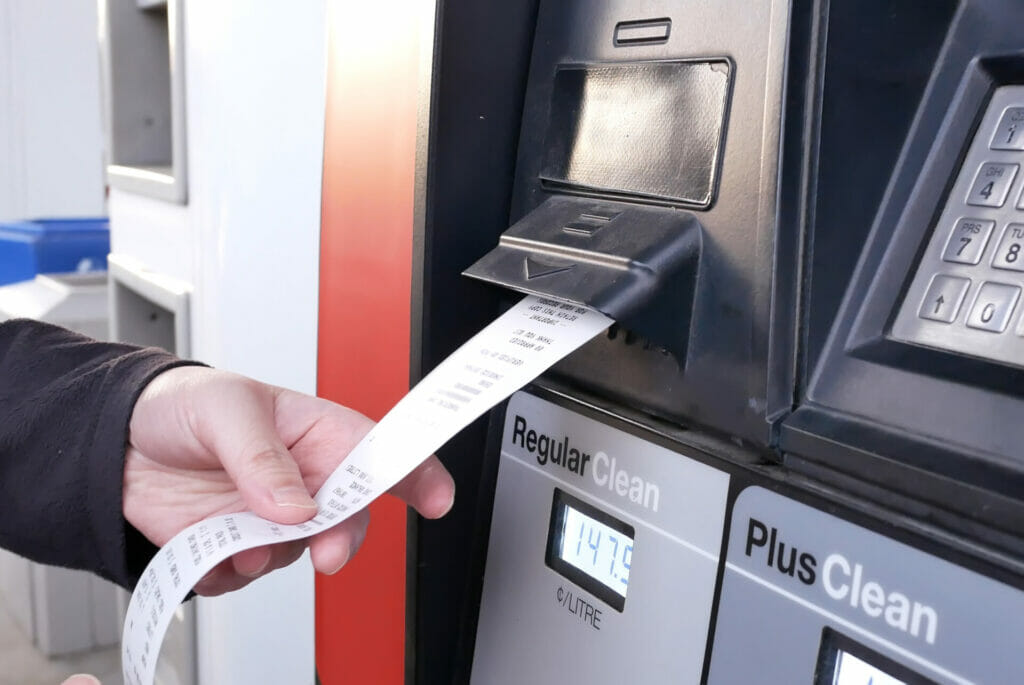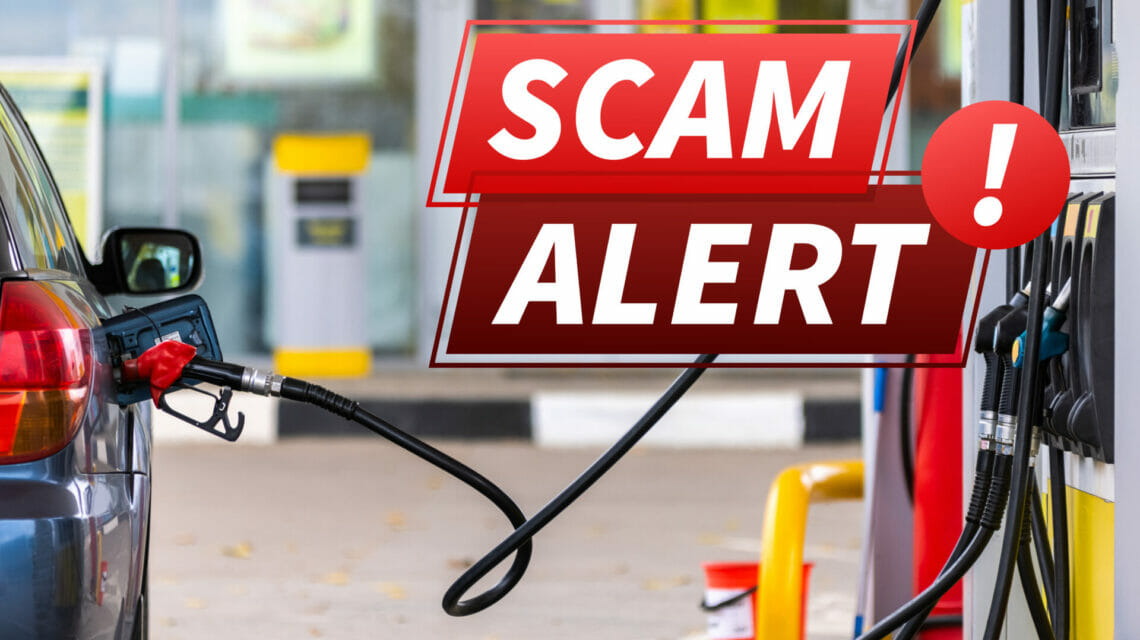
The world we live in today is brimming with technological marvels and advancements. However, with the rise in technology, there’s also an unfortunate rise in fraudulent activities. One such scam that has been making headlines recently is the ‘Pump Switching’ scam. As responsible citizens, it’s our duty to be informed about the potential dangers that lurk around us, and take necessary precautions to safeguard ourselves.
What is the ‘Pump Switching’ Scam?
The ‘Pump Switching’ scam is a fraudulent activity targeting unsuspecting patrons at gas stations. The scam involves an individual offering to assist you in pumping gas, only to secretly keep the transaction open after you leave, and subsequently utilize your credit card information to refuel other vehicles in exchange for cash. This illicit act is carried out with such finesse that most victims don’t realize they’ve been scammed until they review their credit card statements days or even weeks later.
The Mechanics of the Scam

The scam generally involves a perpetrator approaching a customer at a gas station, offering to assist them with pumping gas. The suspect, often exhibiting aggressive behavior, refuses the customer’s attempts to decline their offer of help. Once the customer finishes fueling and leaves, the suspect fails to return the gas pump nozzle, thereby keeping the transaction open.
The scammer then approaches other customers who pull into the gas station, offering to pump gas for them in exchange for cash. Unbeknownst to these customers, the gas they are receiving is being charged to the original customer’s credit card. The scammer continues this process until the original customer’s credit card reaches its limit.
The Impact of the Scam
While it might seem like a harmless act of ‘helping’ at first glance, the ‘Pump Switching’ scam can have serious repercussions. Not only does it result in financial loss for the original customer, but it also poses a significant threat to their personal security and privacy, as their credit card information is exploited without their knowledge or consent. Additionally, it can lead to potential legal complications, as the original customer’s credit card is used for unauthorized transactions.

Recent Incidents and Police Warnings
Law enforcement agencies, such as the Lower Merion Township Police in Pennsylvania, have issued warnings about the rise in such scams. They have reported a recent spike in these fraudulent activities, urging residents to be vigilant and take necessary precautions while at gas stations.
In one case, a woman named Sue Mancill shared her experience of falling victim to this scam. She was approached by an individual at a gas station in Bala Cynwyd, who offered to help her pump gas. Although she declined the offer, the individual persistently took control of the gas pump. Later, she received a notification from her credit card company of a $165 charge, much higher than what she had spent. Source: CBS3 Philadelphia
Tips to Protect Yourself

The Mechanics of the Scam

The scam generally involves a perpetrator approaching a customer at a gas station, offering to assist them with pumping gas. The suspect, often exhibiting aggressive behavior, refuses the customer’s attempts to decline their offer of help. Once the customer finishes fueling and leaves, the suspect fails to return the gas pump nozzle, thereby keeping the transaction open.
The scammer then approaches other customers who pull into the gas station, offering to pump gas for them in exchange for cash. Unbeknownst to these customers, the gas they are receiving is being charged to the original customer’s credit card. The scammer continues this process until the original customer’s credit card reaches its limit.
The Impact of the Scam
While it might seem like a harmless act of ‘helping’ at first glance, the ‘Pump Switching’ scam can have serious repercussions. Not only does it result in financial loss for the original customer, but it also poses a significant threat to their personal security and privacy, as their credit card information is exploited without their knowledge or consent. Additionally, it can lead to potential legal complications, as the original customer’s credit card is used for unauthorized transactions.

Recent Incidents and Police Warnings
Law enforcement agencies, such as the Lower Merion Township Police in Pennsylvania, have issued warnings about the rise in such scams. They have reported a recent spike in these fraudulent activities, urging residents to be vigilant and take necessary precautions while at gas stations.
In one case, a woman named Sue Mancill shared her experience of falling victim to this scam. She was approached by an individual at a gas station in Bala Cynwyd, who offered to help her pump gas. Although she declined the offer, the individual persistently took control of the gas pump. Later, she received a notification from her credit card company of a $165 charge, much higher than what she had spent. Source: CBS3 Philadelphia
Tips to Protect Yourself

